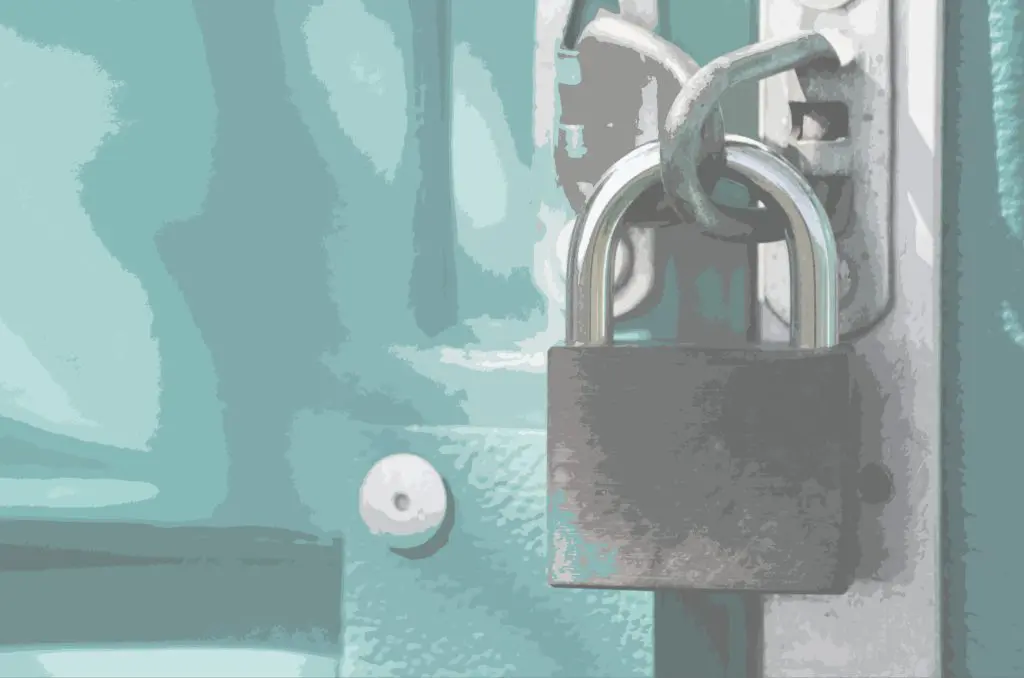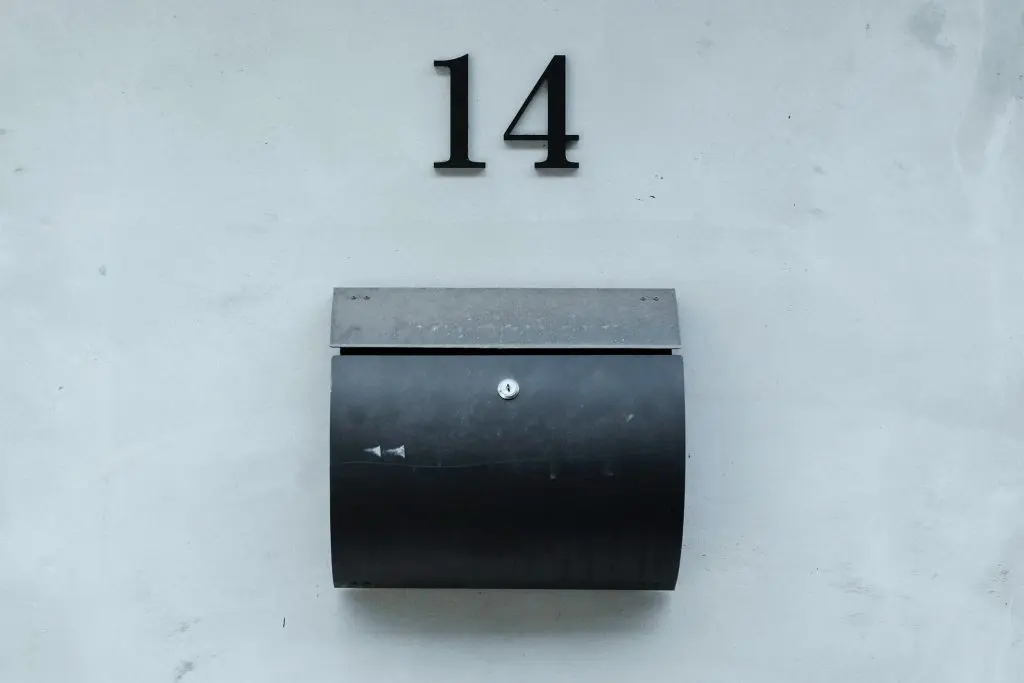Case Study: United States insolvencies in turbulent times

The US is New Zealand’s third-largest trade partner, accounting for 12.6% of our annual global trade. Aside from being the largest economy in the world (GDP 30.6 trillion USD, 2025), it is at the forefront of geopolitics and technological innovation. As the Global Financial Crisis has taught us, the US’s financial state can have profound […]
The risk of asset dissipation, and what can be done?

When a company goes into liquidation, it is not unusual for individuals associated with the company, often directors, to take steps to move or restructure assets to defeat creditors’ interests. This typically occurs when a director or another party is aware, or suspects, that the company or the liquidator has a potential claim against them. […]
Advantages of Liquidation

When a business is no longer able to trade due to financial challenges and the shareholders or directors want to close the business, they often just let the company lapse and be struck off the register, without understanding the clear advantages of liquidation. There are several advantages of placing a company into liquidation with probably […]
Phoenix companies: Facts over folklore

Phoenix restructures remain one of the most persistently misunderstood features of New Zealand’s insolvency framework – not least because the term itself is often used imprecisely. The common reaction is familiar: “The company owed hundreds of thousands of dollars, went into liquidation, and then the director simply started again down the road.” I recently heard […]
When can a director rely on advice?

Section 138 of the Companies Act 1993 (the Act) recognises that sometimes directors may not possess expert knowledge and need to rely on professional advice in the course of performing their functions and duties. This section is not a duty, but rather, an affirmative defence to an alleged breach of a director’s core duties under […]
I’m owed money and the director is transferring assets and paying his mates

Voidable disposition
IRD Debt: Approval is easy, but what does it cost?

A few weeks ago, I found myself staring at yet another set of company records where IRD debt had metastasised from a manageable shortfall into something terminal. The pattern is depressingly familiar: a slow month, a decision to defer PAYE “just this once,” and then, six months later, a balance that’s doubled while the directors […]
Shareholder current accounts – An insolvency practitioners perspective

Notes on Article:Released 4 December 2025IRD notes the loan will become income once it is not repayable. Shareholder current accounts A Shareholder loan account or Shareholder Current Account is a running account between a shareholder of a company and the company itself. A running account is the sum of, broadly speaking, the components of a […]
Compromising with creditors: How part XIV compromises work

In today’s business environment, it is increasingly rare to find a company operating without some level of debt. Ambitious growth plans, tight margins, and unexpected shocks often lead healthy businesses into distress. When financial pressure builds, whether due to misfortune, loss of a major customer, poor cashflow management, or external market downturns, directors may feel […]
Macro snapshot and insolvency tailwinds for 2026

The macro picture behind a rising wave of business failures is evident in the latest September 2025 quarter data released by Stats NZ Employment Total filled jobs fell from 2,256,000 in September 2024 to approximately 2,234,000 in September 2025, a 1.0% year-on-year decline (-0.99%) and 3.8% below the peak levels seen in December 2023, indicating […]
